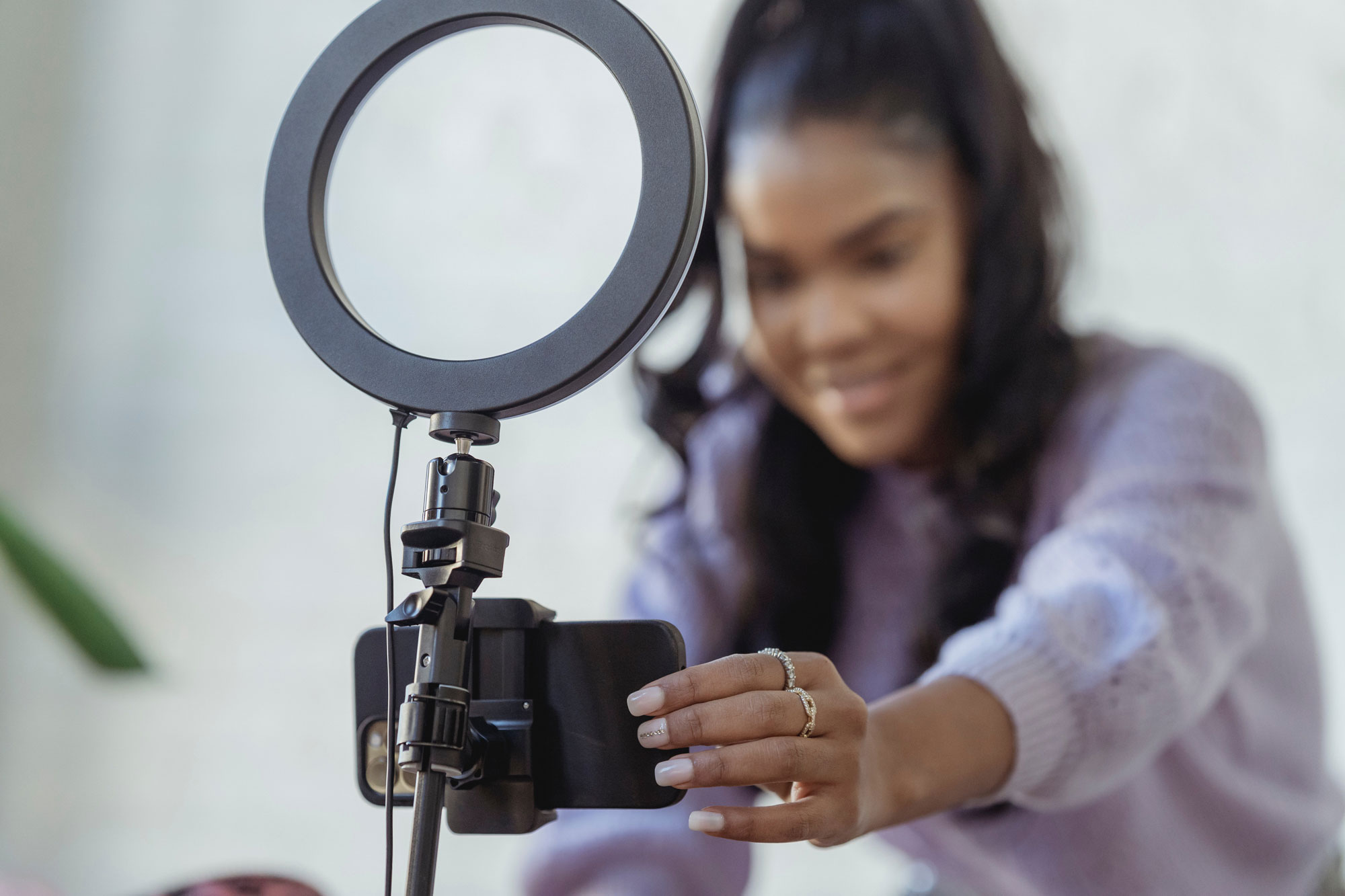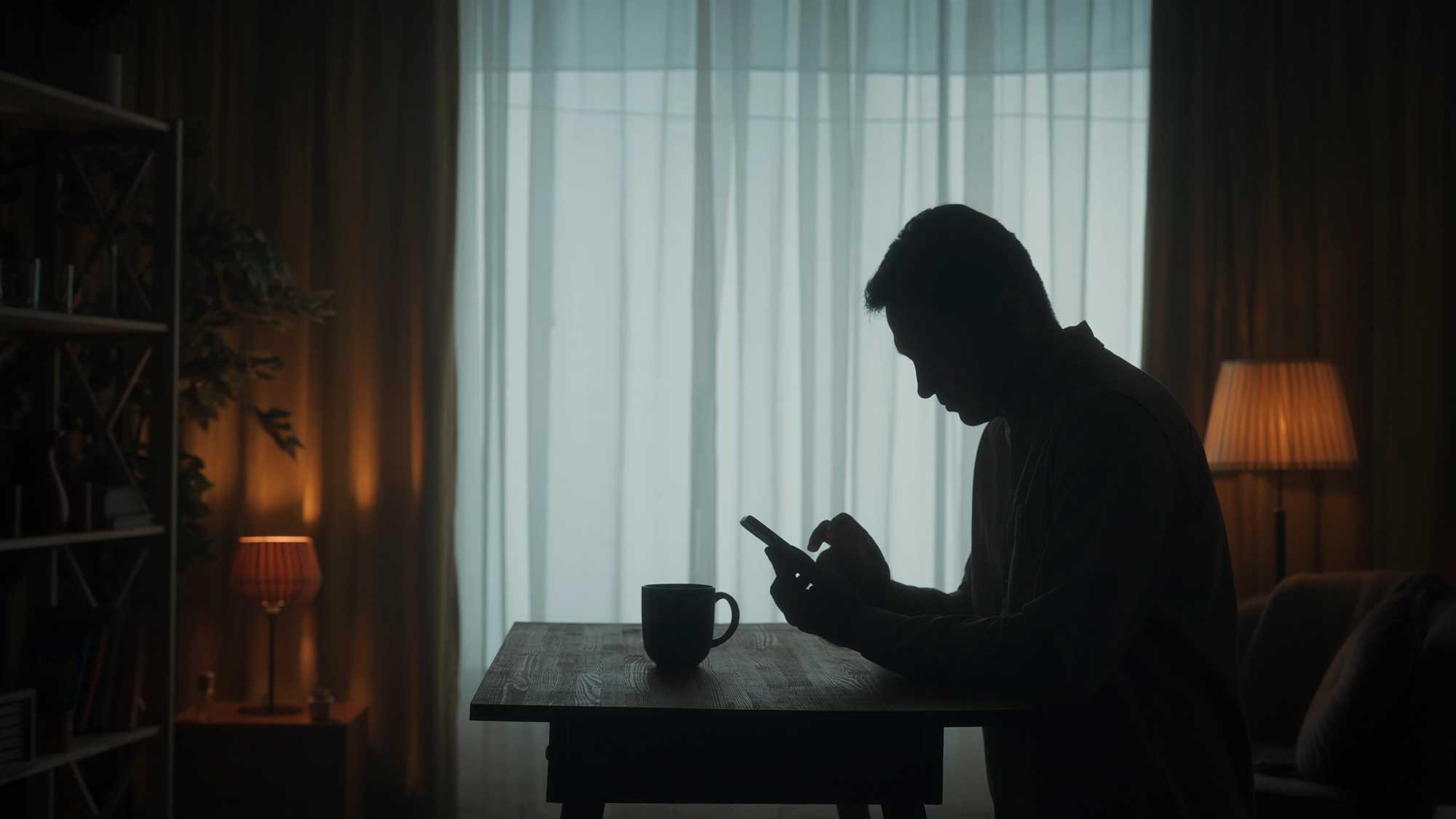On the surface, social media can seem like a great thing. Connecting with those you can’t be physically close to and finding communities that support you and share your passions. However, the reality is that social media can be harmful. This is especially true for girls and young women. The impact of these platforms on their social and emotional health cannot be minimized or trivialized. Social media is here to stay, so how do we keep girls and young women safe and healthy?
Social media’s effect on girls
A report from Facebook found that 32% of teenage girls say Instagram makes them feel worse about their bodies. According to Northeastern University, that’s because this group is still developing a sense of identity. “You’re only consuming pictures, and you’re also invited to produce pictures of yourself,” says Dr. Rachel Rodgers at Northeastern University. “Both of those things orient you towards thinking that your appearance is a really important piece of you. It emphasizes that appearance is a really important part of self-worth.”
Social media’s effect on young women
A 2019 study found that young people who use social media for three hours or more each day are more likely to have mental health issues. The Anxiety and Depression Association of America has even coined a new anxiety disorder because of social media. They call it “social media anxiety disorder.”
The symptoms of social media anxiety disorder include the following:
- Stopping to check social media in the middle of conversations
- Spending more than six hours each day using social media
- Lying about the amount of time spent on social media
- Withdrawing from family and friends
- Neglecting or losing interest in school, work, and favorite activities
- Experiencing severe nervousness, anxiety, or withdrawal symptoms when not able to check social media
Managing emotions around social media
Social media isn’t all bad, and there are healthy ways to use it. One of these ways is to reduce the amount of time you spend on social media. Not using your phone in bed at night, disabling notifications from social media apps, or removing the app from your phone altogether can be helpful ways to reduce usage.
Another way to build healthier social media habits is by evaluating and clarifying why you use social media. Are you just passively scrolling? Do you use social media as a replacement for “real-life” social interaction? Replacing some of the time you spend on social media with face-to-face interactions with friends or family members can help you manage negative feelings that come from using social media. Learning how social media shows us a curated, edited, and filtered version of a person or brand can also reduce negative feelings. Lastly, take social media breaks. Whether that is daily, weekly, or monthly, having dedicated time without social media can do wonders for your mental health.
If you or someone you know are experiencing overwhelming anxiety caused by social media, help is available. Our team at Valley Oaks Health is here to support you with services like individual counseling and group therapy.






